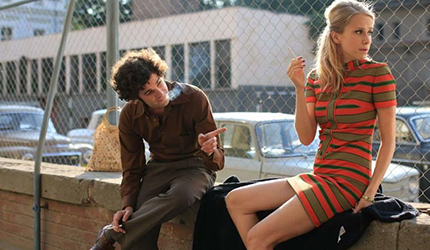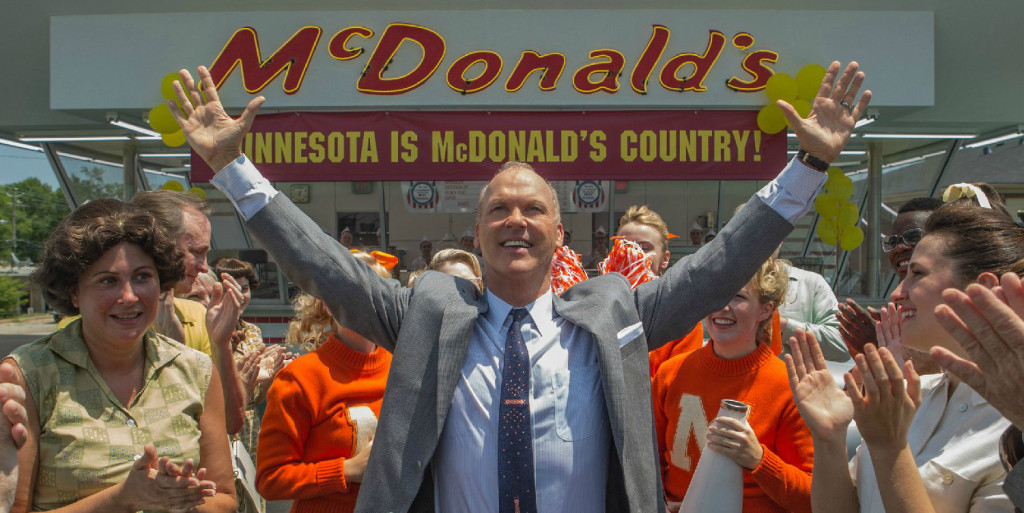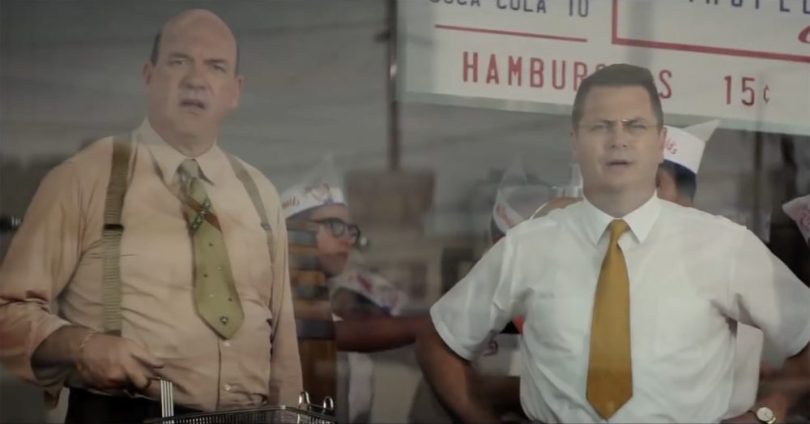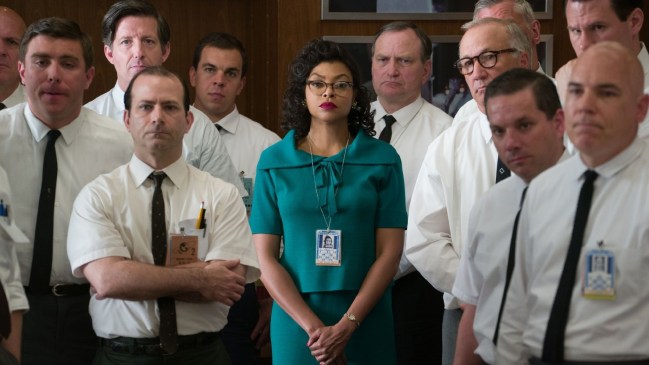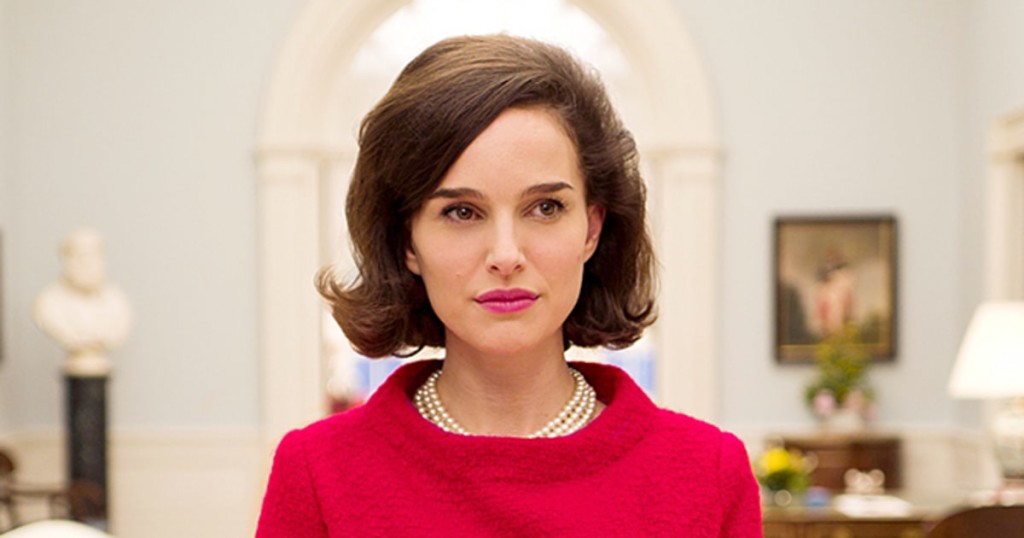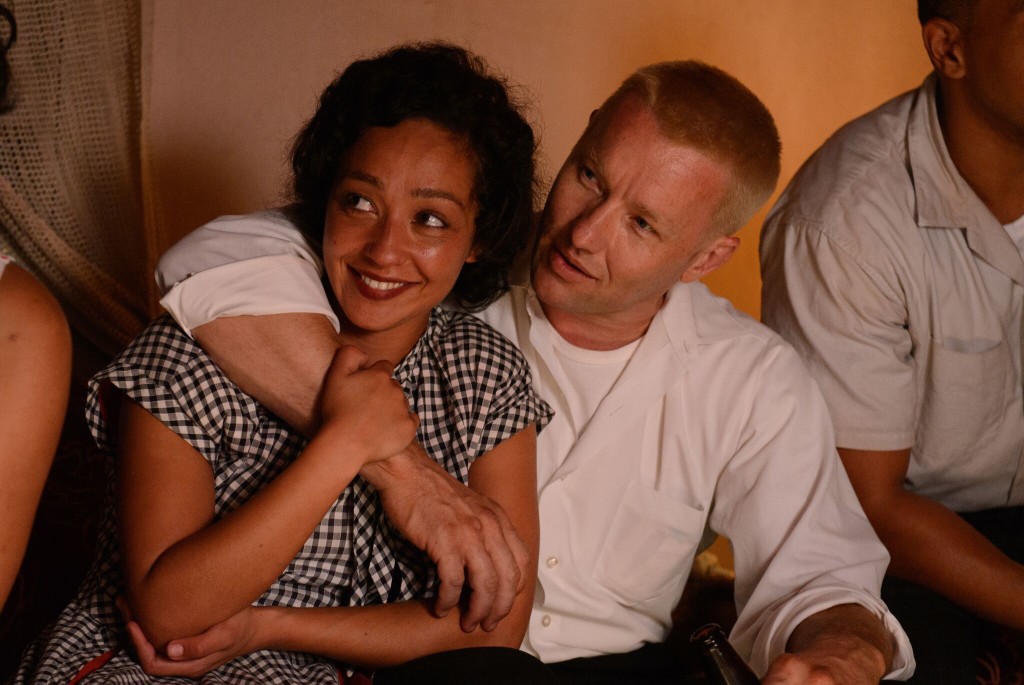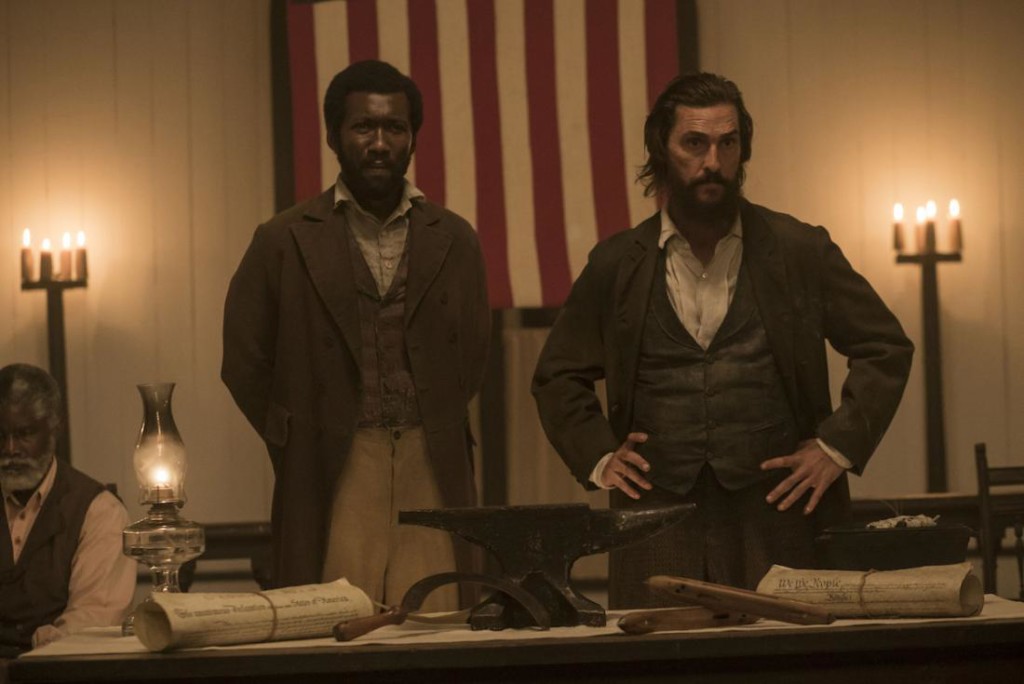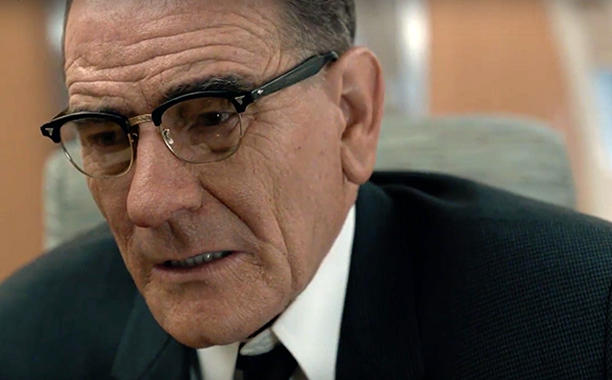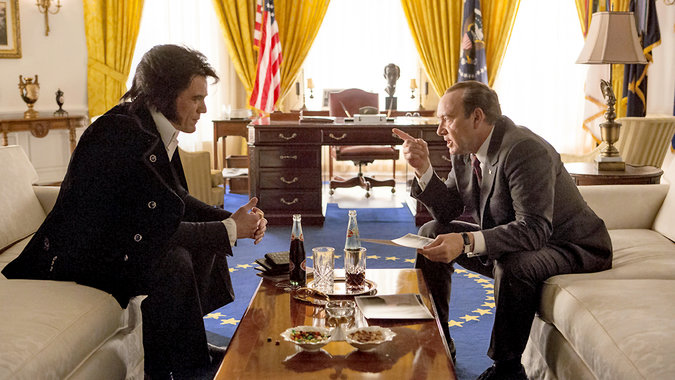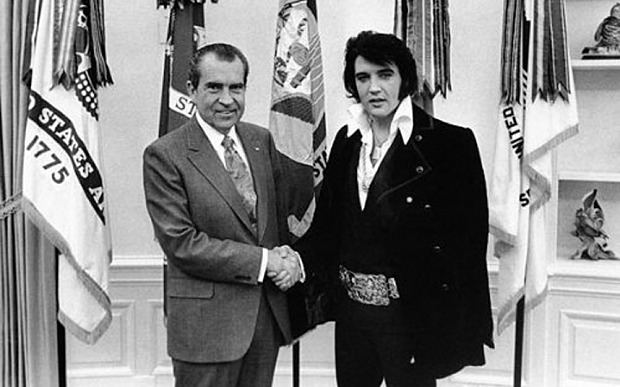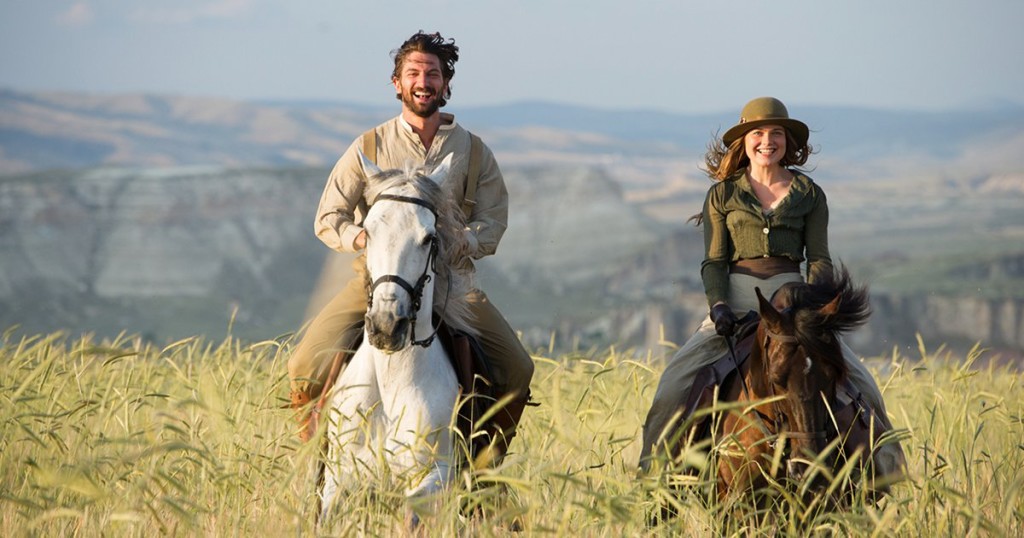
The adventure romance The Ottoman Lieutenant, which had its world premiere at Cinequest and is now playing in theaters, is SO bad, so LAUGHABLY bad, that it’s hard to predict whether it will be quickly forgotten or linger in our memories as a benchmark in badness.
Just before World War I, a willful and affluent young American (Hera Hillmar), runs off to remote Turkey to deliver a truck-full of medical supplies to a dreamy young doc (Josh Hartnett), who is running a Protestant mission in an Armenian area of Anatolia. She encounters the title character (Michael Huisman) and sparks fly. The natural political conflict between the two men escalates in a fit of sexual jealousy. Since the title is “The Ottoman Lieutenant” instead of “The American Missionary Doctor”, we know where things are headed…In fact, anyone who has ever seen a movie knows where EVERYTHING is headed in what must be the year’s most predictable movie
The blame starts with the unimaginative story and leaden dialogue from writer Jeff Stockwell. Director Joseph Ruben contributes the cliché of horse-riding across a grassy plain, bodies rocking in the saddles and bouncing up and down rhythmically, accompanied by SWELLING music. Not once. Not twice. But three times. The kisses erupt into industrial-scale heavy breathing after precisely two counts (“one-thousand-one, one-thousand two, now let’s hear heavy breathing!”). There’s even some bad CGI of a passenger ship – kind of Titanic Lite.
The Ottoman Lieutenant also features a dreadful performance by its lead. Hera Hilmar, known for 25 episodes of Davinci’s Demons, misreads lines and generally fails to interest us at all. She’s not even interesting when losing her virginity. Would a better actress elevate this material? Perhaps, but not all the way into an even mediocre film. It doesn’t help when Stockwell has Hillmar utter the most obvious observation, “Jude, you’re angry!”, drawing unintended chuckles from the audience.
But it’s Hartnett who leaves us with the most memorable moment of The Ottoman Lieutenant. He embraces Hilmar after her character’s deflowering and then shoves her back, bellowing, “I can smell him!”. At my screening, fully one-third of the audience erupted into hearty laughter – an LOL moment unintended by the filmmakers. Later, I realized that this line was the only unpredictable moment in the film.
The one appealing aspect of The Ottoman Lieutenant is Michael Huisman’s performance. Huisman (Treme, Game of Thrones) is a very charismatic actor, and, if this movie could have been saved, he would have been up to it. The Turkish actor Haluk Bilginer is pretty good as the lieutenant’s commander. Ben Kingsley gets to emote as an older doctor made irascible by personal loss.
While watching a movie, I scribble notes in the dark; this time, The Wife snatched my notebook and wrote, “This is the worst movie ever”. Tossing multiple millions of dollars at the budget for this movie was like over-inflating a used condom.

